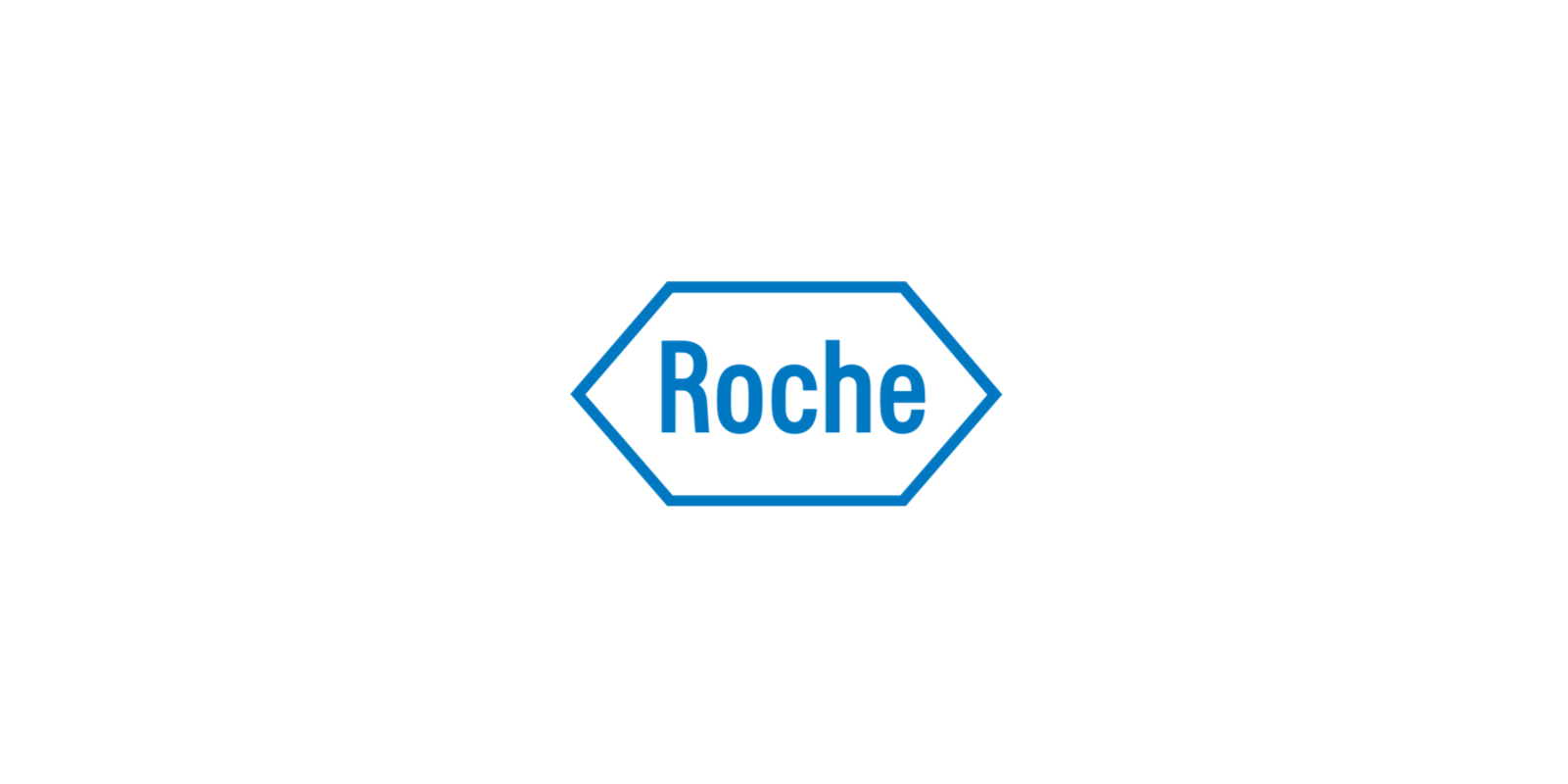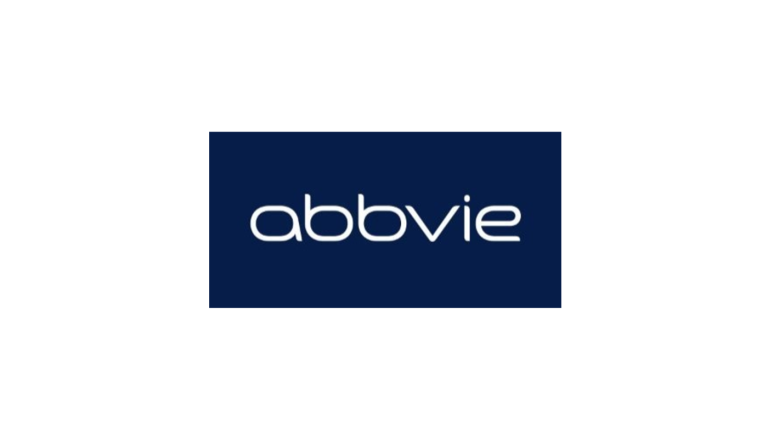Roche announced today that the World Health Organization (WHO) has awarded the cobas® HPV test prequalification designations for use on the cobas® 5800 system and for self-collected samples on the cobas® 5800, 6800 and 8800 systems. These new prequalification designations come just one month after the U.S. Food and Drug Administration approved Roche’s HPV self-collection solution and less than a year after the WHO awarded prequalification to the cobas HPV test on the cobas 6800/8800 systems.
👉 The World Health Organization (WHO) has awarded Roche‘s human papillomavirus (HPV) test prequalification designations for use on the cobas 5800 System and for self-collected samples on the cobas 5800, 6800 and 8800 Systems.
👉 These designations build upon last June’s WHO prequalification that included the cobas HPV test for use on the cobas 6800 and 8800 Systems.
👉 WHO prequalification enables low- and middle-income countries (LMICs) to use Roche HPV screening solutions, including self-collection, in their national cervical cancer elimination programs, which will greatly increase access.
👉 Every year, over 600,000 women worldwide are diagnosed with cervical cancer and over 340,000 die from this preventable disease, caused by HPV infection. Nine out of 10 women who die from cervical cancer live in LMICs.
“No woman in the world should die from this preventable disease. These new prequalification designations for our cobas HPV test will create strong momentum in the fight to eliminate cervical cancer,” said Matt Sause, CEO of Roche Diagnostics. “Countries that use the WHO list to make decisions on how to implement national screening programs can now leverage self-collection to further increase access.”
The WHO is focused on the elimination of cervical cancer globally with a strategy of three key goals. It seeks to ensure that by 2030, 70% of women are screened using a high-performance test by age 35, and again by age 45. Screening for HPV can help identify women who are at risk of developing cervical cancer, so that the disease can be treated early, before cancer has a chance to develop. In poorer countries, women are often diagnosed with cervical cancer at a more advanced stage, where the chance for a cure is low.
The WHO also seeks to ensure that 90% of girls are fully vaccinated against HPV by 15 years of age, and that 90% of those identified with cervical disease receive appropriate treatment.
The cobas HPV test prequalification designations from the WHO help expand access and provide healthcare professionals with greater certainty that their clinical decisions will be based on accurate, reliable results.
👉 www.roche.com



